When planning a trip to Switzerland, one of the most important things travelers often overlook is understanding the local currency and how to manage their money smartly while abroad. Whether you’re mapping out a solo adventure, a romantic escape, or a family journey under a switzerland tour package, knowing how currency exchange works can save you both time and money. This guide is designed to help you avoid common pitfalls, make better decisions, and travel with confidence throughout your Swiss journey. Currency Exchange Tips for Switzerland Travelers (2025 Guide).
If you’re exploring information for your next vacation or just learning more about international travel, explore more helpful articles on our Switzerland Tour Package blog, learn more about the project, or head over to our main site to keep reading.
Understanding Switzerland’s Currency
Switzerland does not use the Euro as its official currency. Instead, the country uses the Swiss Franc (CHF). This is an important detail to note when planning your expenses, especially if you’re traveling from Eurozone countries or anywhere else.
- 1 CHF is typically worth slightly more than 1 USD or 1 Euro, though exchange rates vary.
- Swiss Francs come in both coins and banknotes. Coins are used frequently and have denominations of 1, 2, and 5 CHF, along with smaller centimes (subunits).
- Major cities like Zurich, Geneva, Lucerne, and Bern accept cards widely, but cash is still essential for small vendors, mountain villages, and local transport kiosks.
1. Best Places to Exchange Currency
a) Exchange Before You Travel
If you prefer starting your journey with local currency in hand, exchange some Swiss Francs from your home country. While rates might not be the best, it offers peace of mind, especially for first-time international travelers.
b) Use ATMs in Switzerland
Using a debit card to withdraw CHF directly from local ATMs is often the most cost-effective and safest method.
- Banks like UBS, Credit Suisse, and PostFinance have ATMs across the country.
- Choose to be charged in local currency (CHF), not your home currency. It avoids unfavorable exchange markups.
c) Currency Exchange Offices
Currency exchange offices (Bureaux de Change) are available at airports, train stations, and city centers. However, they often charge high commission or offer less favorable rates compared to ATMs or digital solutions.
Tip: Compare rates before exchanging large sums, and avoid airport counters unless necessary.
2. Avoiding High Fees and Hidden Charges
a) Watch for Dynamic Currency Conversion
Many payment terminals and ATMs offer a service known as Dynamic Currency Conversion, which gives you the option to be charged in your home currency. It might seem convenient, but it almost always involves poor exchange rates. Currency Exchange Tips for Switzerland Travelers (2025 Guide).
Instead, always opt to pay or withdraw in CHF.
b) Know Your Bank’s International Fees
Some banks charge foreign transaction fees ranging from 1 to 3 percent on card purchases. Before traveling, check with your bank or card provider:
- Are there charges for foreign withdrawals?
- Is there a daily withdrawal or purchase limit?
- Are there partner banks in Switzerland that waive ATM fees?
3. Using Debit, Credit, and Travel Cards in Switzerland
Switzerland is a card-friendly country. Visa and Mastercard are accepted almost everywhere, while American Express is more limited.
a) Use Cards That Waive International Fees
Some travel-focused debit and credit cards offer:
- No foreign transaction fees
- No ATM withdrawal fees
- Real-time competitive exchange rates
Popular international travel cards and fintech platforms also allow you to load multiple currencies, including CHF.
b) Digital Payments
Contactless payments using mobile wallets like Apple Pay, Google Pay, or Samsung Pay are widely supported. Just make sure your card is activated for international use before departure.
4. Budgeting and Daily Expenses in Switzerland
Understanding the trip to Switzerland cost is important, especially if you’re planning your own swiss trip package without a tour operator. Switzerland is known for being expensive, but budgeting smartly helps you manage it.
- Meals: A basic restaurant meal can range from 20 to 30 CHF per person. Self-catering or visiting supermarkets like Coop and Migros helps cut costs.
- Transport: Train tickets, buses, and mountain railways add up quickly. Using a Swiss Travel Pass or regional passes can help you save significantly.
- Attractions: Museums, excursions, and scenic trains are not cheap, but many are included in certain travel passes.
If you’re designing your own switzerland land tour package, mapping your daily spending around meals, transport, and attractions is essential.
5. Exchange Rate Tracking Tools
Before and during your travel, use real-time currency exchange apps or websites to track rates. Some tools include:
- XE Currency
- Revolut
- Wise (formerly TransferWise)
These apps not only help you understand live rates but also offer currency alerts and help you avoid bad exchange timing.
6. When and How Much to Exchange
Exchange only what you need in cash. Switzerland is digital-friendly, and carrying large sums of cash is unnecessary and unsafe. Here’s a general breakdown:
- Arrival: Have 100 to 200 CHF in hand for initial expenses like local transport, snacks, or luggage storage.
- Daily: Depending on your plan, set aside a budget (e.g., 70 to 150 CHF per day).
- Card usage: Use cards for hotels, train bookings, restaurants, and major stores.
7. Tips for Different Travel Types
a) Backpackers and Solo Travelers
If you’re on a tight budget, use cards for most purchases and limit cash to market stalls or rural areas. Travel cards and ATM withdrawals work best.
b) Couples
If you’re planning a switzerland couple package or a romantic escape, plan spending around shared meals, scenic excursions, and cozy stays. Always check if your lodging accepts cards and book accommodations that include breakfast.
c) Families
For those on a family switzerland holiday package, having small denominations in cash is useful for train stations, local attractions, or countryside trips. Kids’ train passes and family museum tickets can save you money too.
8. Common Mistakes to Avoid
- Exchanging money at your arrival airport in bulk: Rates are among the worst.
- Using credit cards without checking fees: A surprise fee can appear on your next billing cycle.
- Carrying only large bills: Always keep change or small notes for vending machines, lockers, or ticket kiosks.
- Ignoring local banks’ ATMs: They often have better rates than third-party machines. Currency Exchange Tips for Switzerland Travelers (2025 Guide).
9. How Currency Exchange Affects Tour Planning
When you start planning your own switzerland travel packages or swiss holidays packages, the exchange rate directly impacts your choices:
- The strength of your home currency against CHF affects accommodation choices, restaurant experiences, and day tours.
- Tracking currency trends can help you decide the best time to travel or pre-book services when rates are favorable.
Budget-conscious travelers building a package trip to switzerland should always factor in exchange rate fluctuations when making bookings.
10. Currency Exchange for Multi-Country Travel
Many travelers include Switzerland as part of a larger switzerland europe tour or as a stop on their europe tour packages from switzerland. If you’re crossing multiple borders:
- Use multi-currency cards or wallets that let you switch between EUR and CHF easily.
- Some Swiss border towns accept Euros, but the rate may not be favorable.
- If returning to the Eurozone, exchange leftover Swiss Francs before departure or spend them on snacks or souvenirs.
Final Thoughts
Understanding currency exchange is a key part of any successful international trip. Switzerland’s charm, efficiency, and scenery are worth every franc spent—especially when you know how to manage your money wisely. Whether you’re exploring cities, hiking mountains, or gliding across lakes, keeping your currency game strong means you can focus on what really matters: the experience. Currency Exchange Tips for Switzerland Travelers (2025 Guide).

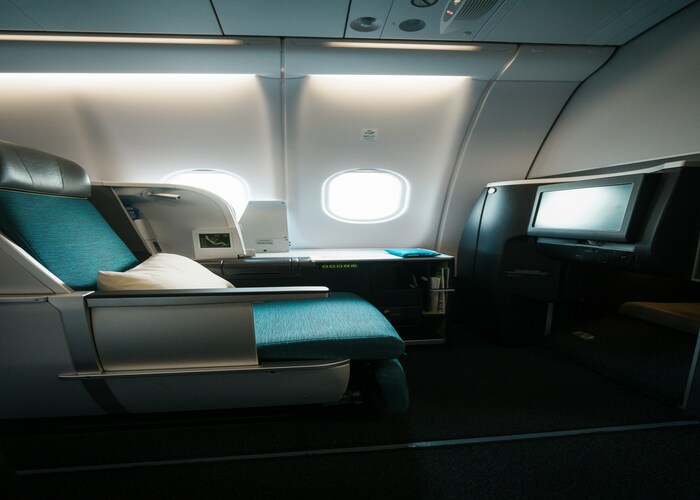
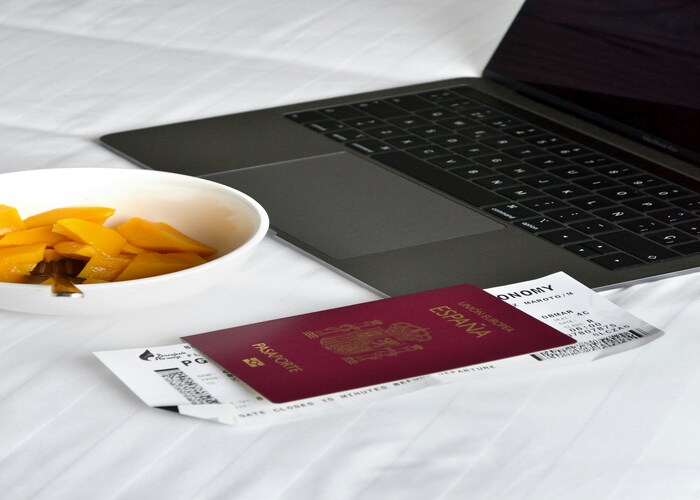
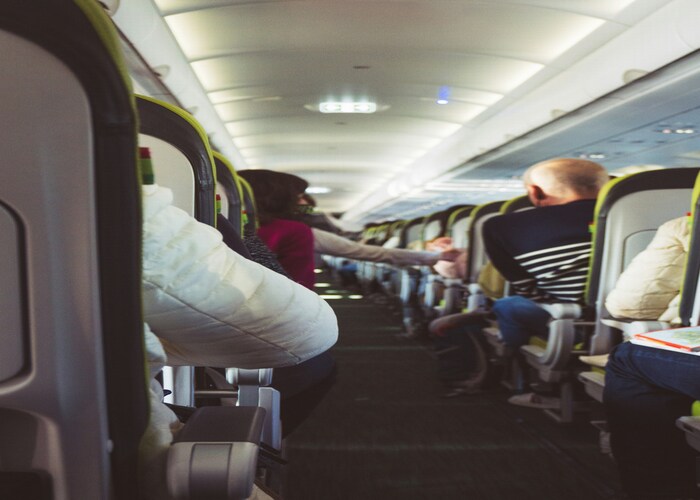
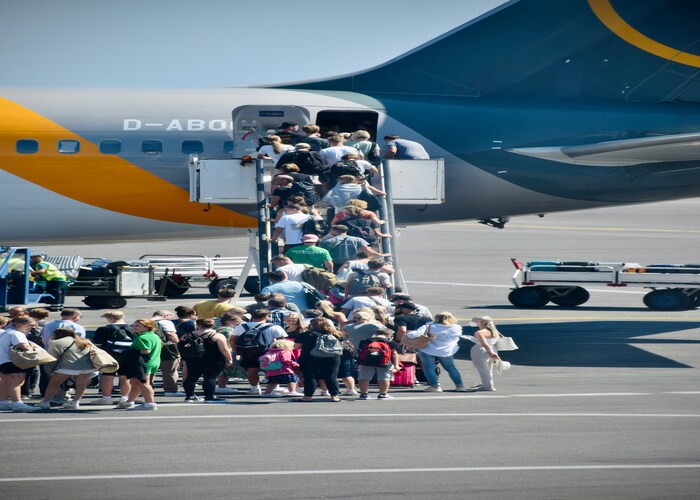
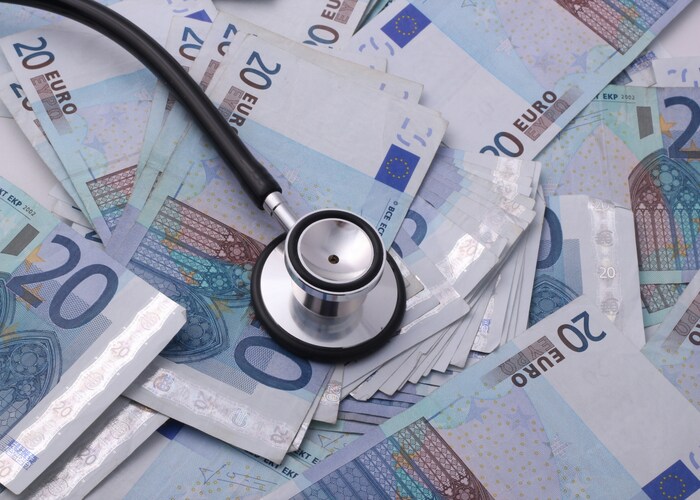
Leave a Reply